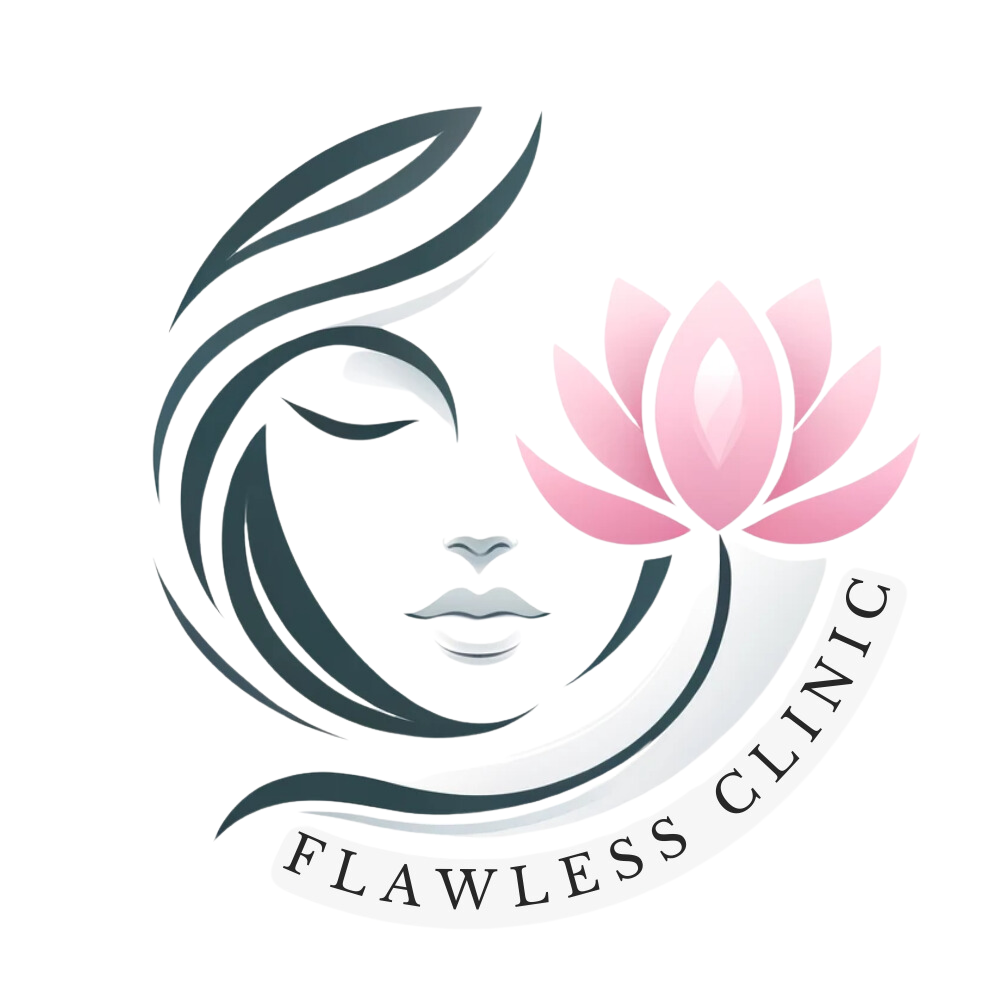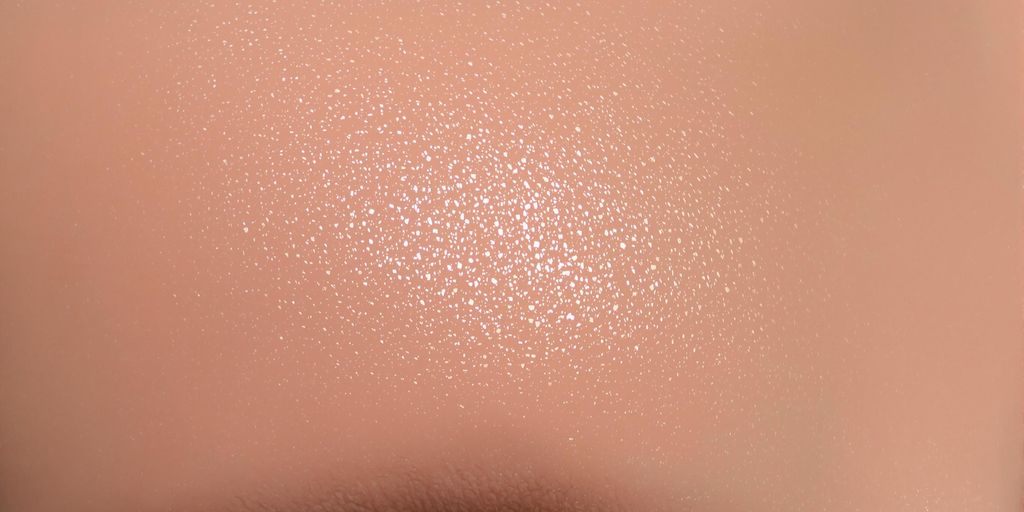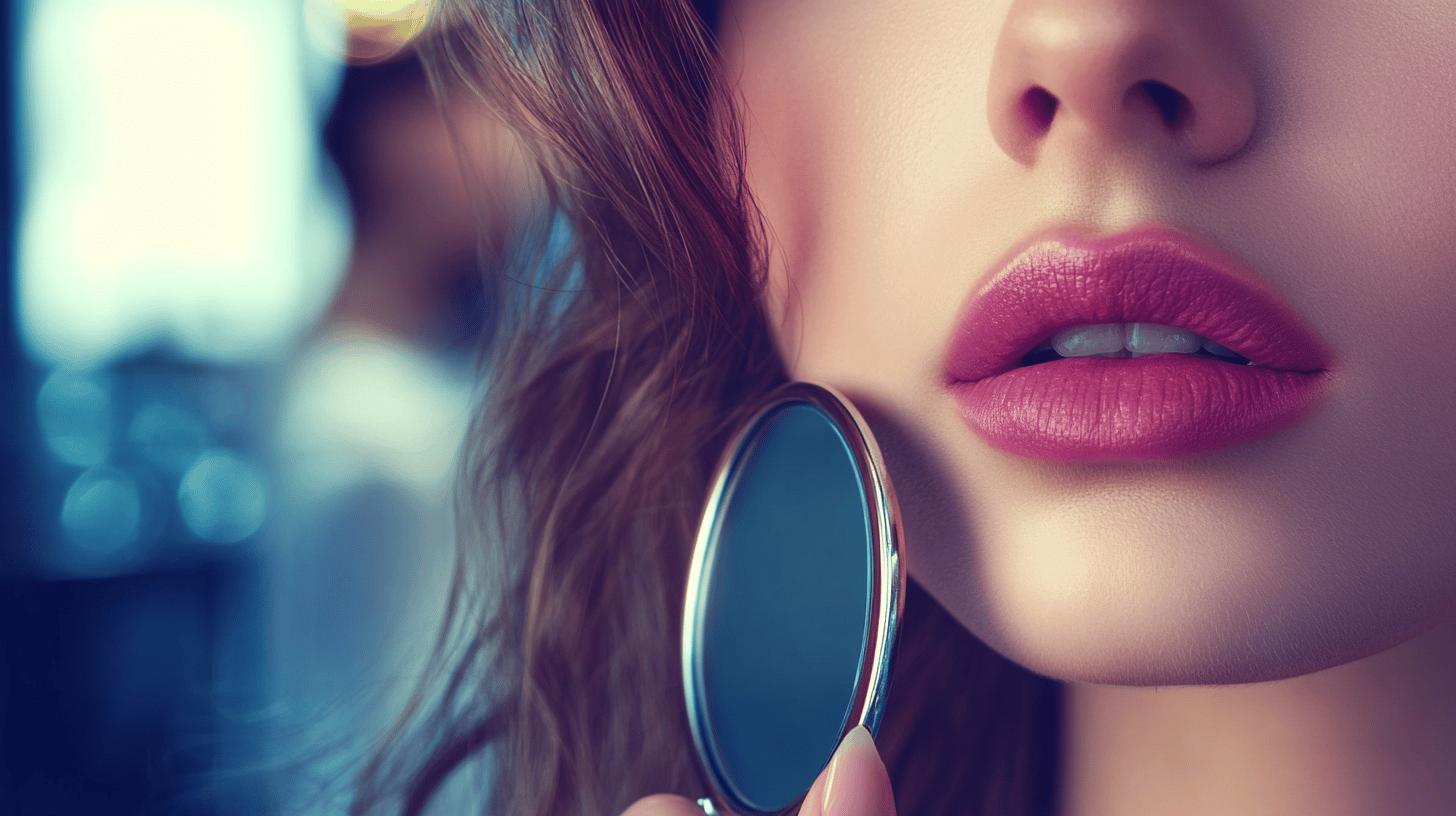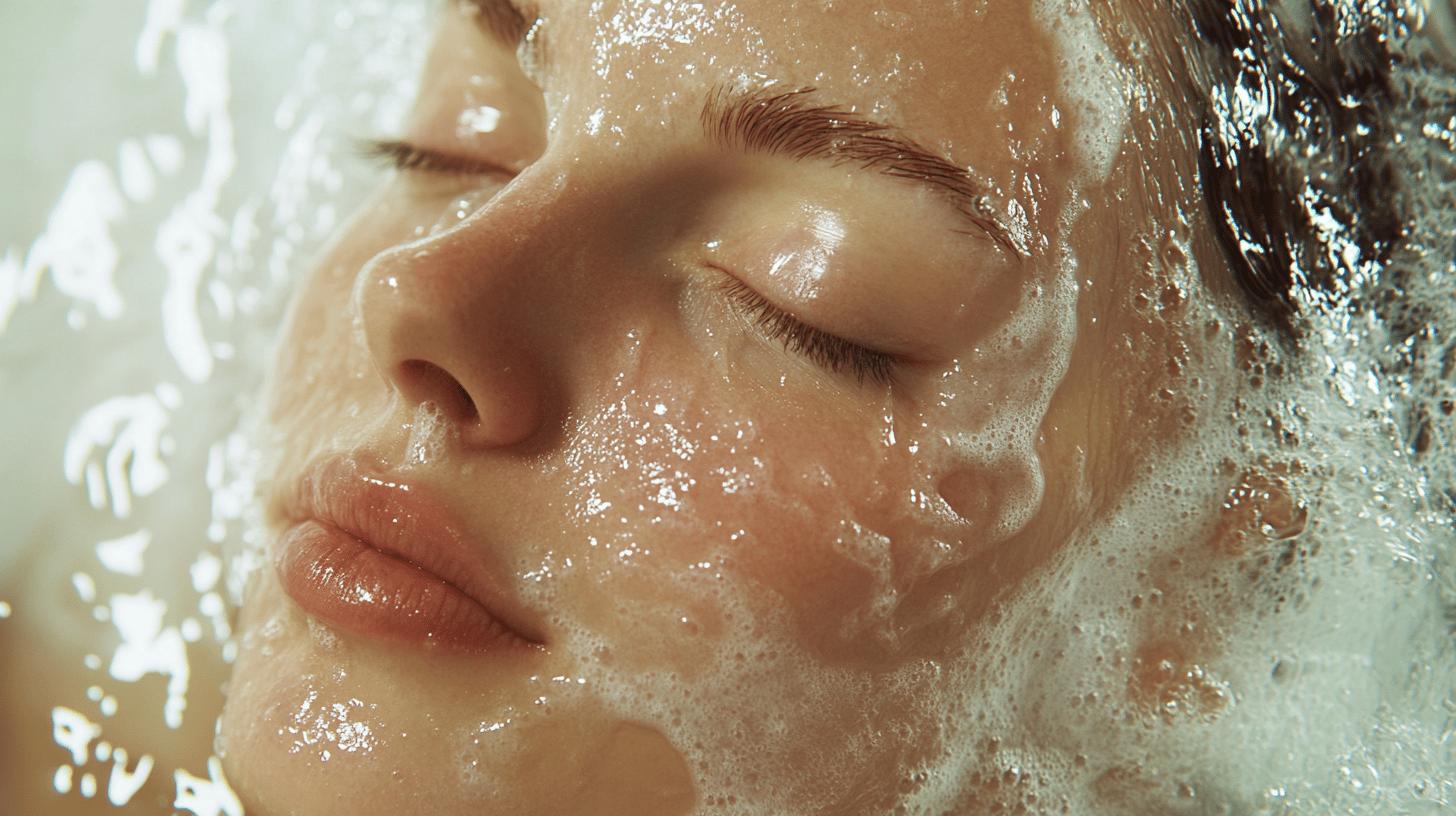Can the quality of your sleep and diet truly transform the success of your aesthetic treatments? It’s a question that often goes overlooked, yet the answer might surprise you. Delving into the significance of rejuvenating sleep and nutritional balance reveals their critical role in enhancing treatment results. Restful sleep aids skin regeneration and combats inflammation, while a balanced diet fortified with essential nutrients sustains skin vitality post-procedure. Understanding and harnessing these factors can profoundly impact your journey towards enhancing natural beauty and boosting confidence. Discover how prioritising sleep and diet can elevate your treatment outcomes.
How Sleep Quality Affects Aesthetic Treatment Outcomes
Proper sleep is integral to the success of aesthetic treatments, playing a vital role in cellular repair and regeneration. During restful sleep, the body undergoes crucial restorative processes that enhance the effectiveness of procedures like facials and skin resurfacing. These treatments rely on the skin’s ability to heal and regenerate, processes that are significantly bolstered during periods of rejuvenating sleep. Inadequate sleep can compromise these natural repair mechanisms, potentially diminishing the desired outcomes of aesthetic interventions.
The effects of sleep deprivation on skin health are numerous and can negatively impact the success of aesthetic treatments:
- Increased inflammation
- Elevated stress hormone levels
- Impaired collagen production
- Reduced skin elasticity
- Delayed healing and repair
To improve sleep quality and, consequently, treatment success, adopting certain strategies is essential. Establishing a consistent bedtime routine can signal the body to prepare for rest, fostering more rejuvenating sleep. Limiting screen time before bed and creating a calm, dark environment can further enhance sleep quality. Additionally, incorporating supplements such as melatonin, magnesium, or apigenin may aid in achieving proper sleep. However, it is crucial to seek medical guidance before introducing these supplements to ensure safety and effectiveness. Addressing sleep quality with these approaches can significantly enhance the outcomes of aesthetic treatments by supporting the body’s natural healing and regenerative capabilities.
The Role of Diet in Enhancing Aesthetic Treatment Results
A balanced diet plays a pivotal role in the success and longevity of aesthetic treatments. Nutritional balance, particularly a diet rich in vitamins and antioxidants, supports skin health and enhances the durability of procedures like laser therapy. Essential nutrients promote cellular repair, strengthen the skin’s natural barrier, and reduce oxidative stress, all of which are fundamental for maintaining the results of aesthetic interventions. Proper nutrient intake, including adequate vitamin intake, can also improve skin texture and elasticity, helping to sustain the benefits achieved through treatments.
Certain dietary choices can adversely affect the outcomes of aesthetic treatments. To maximise results, it is advisable to avoid the following foods:
- Sugary foods
- Processed foods
- Foods high in trans fats
- Excessive caffeine
Consulting with healthcare professionals for personalised dietary recommendations is crucial for those seeking to optimise their aesthetic treatment outcomes. These professionals can provide tailored advice to ensure nutrient intake aligns with individual health needs and treatment goals. By making informed dietary choices, patients can enhance the effectiveness and longevity of their aesthetic procedures, ultimately achieving more satisfying results.
Hydration and Its Importance for Aesthetic Treatments
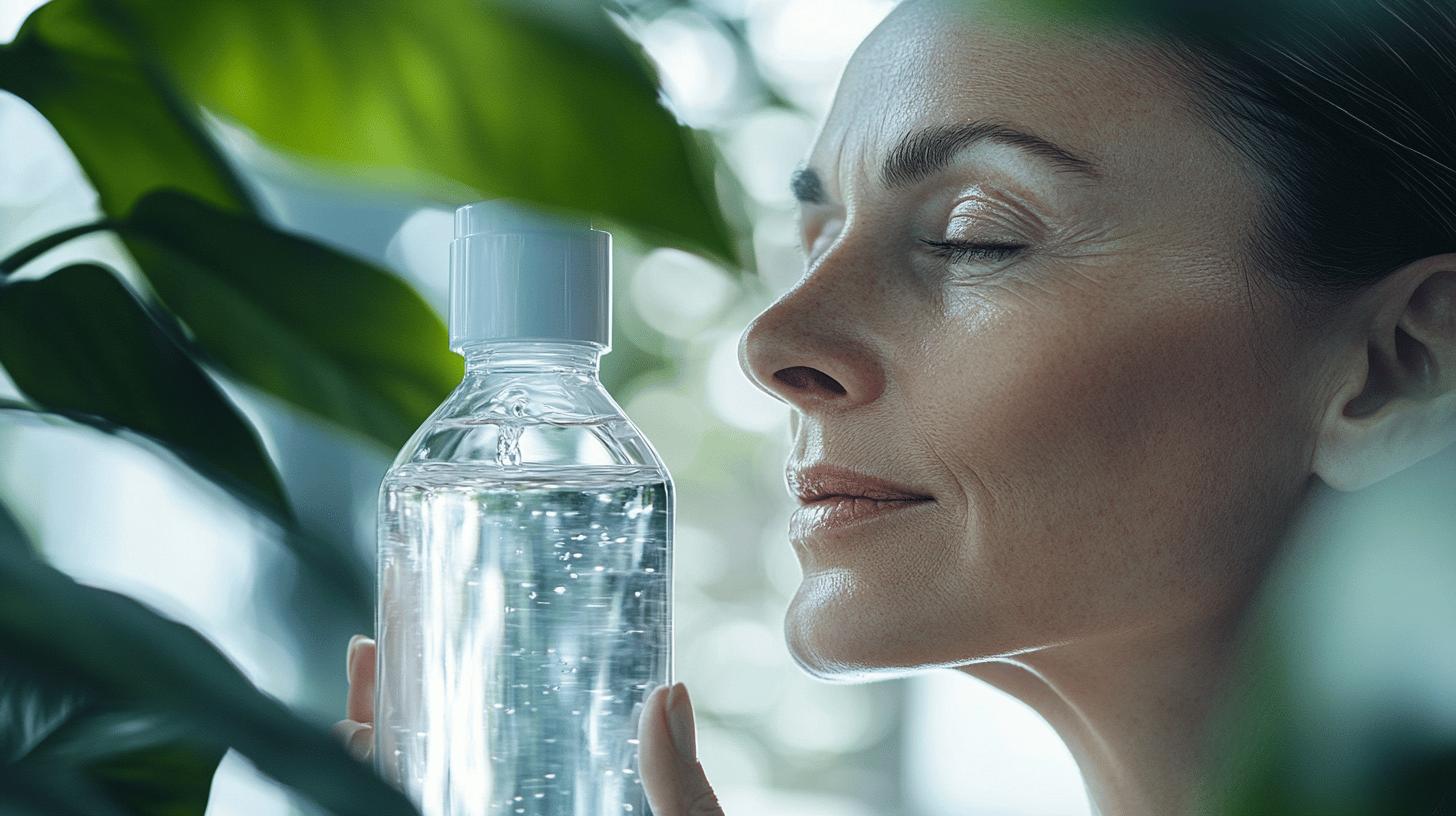
Proper hydration is crucial for maintaining skin elasticity, directly impacting the success of aesthetic treatments such as skin tightening and rejuvenation. Adequate water intake supports the skin’s natural plumpness and resilience, which are essential for achieving optimal results from these procedures. Hydrated skin can better withstand the rigours of treatments and recover more efficiently, ensuring that the desired aesthetic outcomes are achieved and maintained over time.
| Hydration Factor | Impact on Skin |
|---|---|
| Water Consumption | Enhances skin elasticity and promotes a healthy glow |
| Alcohol Intake | Leads to dehydration and dullness, reducing treatment effectiveness |
| Smoking | Impairs collagen production, accelerating skin ageing |
To sustain optimal hydration levels, it is essential to incorporate certain lifestyle habits. Regularly drinking sufficient water throughout the day helps maintain skin hydration. Limiting alcohol consumption and avoiding smoking are also vital, as these habits can significantly dehydrate the skin and compromise treatment outcomes. By prioritising hydration and adopting these practices, individuals can enhance the effectiveness and longevity of their aesthetic treatments.
The Impact of Sleep and Diet on Treatment Success
Sleep and diet are critical factors influencing the success of aesthetic treatments. Adequate and restful sleep plays a significant role in cellular repair and regeneration, processes essential for maximising the effectiveness of treatments such as facials and skin resurfacing. During sleep, the body undergoes restorative activities that help repair damaged tissues, enhance skin health, and support the recovery of treated areas. In contrast, poor sleep quality can lead to increased inflammation and elevated stress hormone levels, particularly cortisol, which negatively impact collagen production and skin elasticity. This can diminish the outcomes of treatments that rely on the body’s natural ability to heal and regenerate.
A balanced diet is equally important in supporting aesthetic treatment results. Nutrient-rich foods, particularly those high in vitamins and antioxidants, promote skin health and improve the longevity of procedures like laser therapy and chemical peels. These nutrients aid in reducing oxidative stress and strengthening the skin’s natural barrier, which is essential for maintaining the benefits of aesthetic interventions. Conversely, consuming foods high in sugar and processed ingredients can lead to inflammation and skin issues, potentially counteracting the positive effects of treatments. By incorporating a balanced diet and prioritising proper sleep, individuals can significantly enhance their aesthetic treatment outcomes, achieving longer-lasting and more satisfying results.
Lifestyle Habits for Sustainable Aesthetic Treatment Success
Adopting a holistic approach to beauty is crucial for sustaining the effects of aesthetic treatments over time. This approach integrates lifestyle habits such as sleep, diet, stress management, and exercise, all of which play a vital role in enhancing treatment outcomes. A healthy lifestyle not only supports the body’s natural healing and regenerative processes but also maximises the longevity of aesthetic results. Proper sleep is essential for cellular repair, while a balanced diet supplies the necessary nutrients to maintain skin health. In addition, managing stress effectively helps regulate hormones like cortisol, which can otherwise impede skin healing and collagen production. Regular exercise further promotes circulation, ensuring an efficient delivery of nutrients to the skin, thereby supporting the success of various treatments.
- Establish a consistent sleep schedule to ensure adequate rest.
- Incorporate nutrient-rich foods, particularly those high in vitamins and antioxidants.
- Engage in regular physical activity to improve circulation.
- Practise stress management techniques such as mindfulness or yoga.
- Avoid harmful habits like smoking and excessive alcohol consumption.
Personalised lifestyle strategies are integral to achieving sustainable aesthetic treatment success. Collaborating with professionals can provide tailored guidance that aligns with individual health needs and beauty goals. Consulting with experts at flawless.clinic, for instance, can offer insights into effective lifestyle adjustments and support the development of a comprehensive plan. By prioritising these personalised strategies, individuals can ensure that their aesthetic treatments yield enduring and satisfying results.
Final Words
Prioritising sleep, nutrition, and hydration significantly influence the impact of aesthetic treatment outcomes. Natural tissue repair during restful sleep and a balanced diet rich in nutrients foster optimal skin health. Adequate hydration maintains skin elasticity, enhancing the effectiveness of treatments.
Stress management also plays a critical role in regulating hormone levels that affect skin healing. A comprehensive lifestyle approach, integrating these elements, ensures the longevity and success of aesthetic procedures. Adopting a holistic strategy increases overall well-being, enhancing results and supporting long-term skin health.
FAQ
How do sleep, exercise, and diet affect memory?
A combination of restful sleep, regular exercise, and a balanced diet significantly enhances cognitive functions, including memory. These elements reduce stress, decrease inflammation, and aid in brain cell repair, improving memory retention.
What are the benefits of sleep and exercise on mental health?
Sleep and exercise are crucial for maintaining mental health. They help regulate stress hormones, improve mood, and support overall neurological function, resulting in enhanced mental clarity and reduced anxiety and depression symptoms.
How can sleep affect your eating habits?
Poor sleep often leads to cravings for high-calorie, sugary foods due to hormonal imbalances, which can disrupt healthy eating habits. Ensuring proper sleep restores hormonal balance, aiding better dietary choices.
What are the effects of lack of sleep on the face?
Inadequate sleep can lead to a dull complexion, dark circles, and puffiness. It increases inflammation and stress hormone levels, which negatively impact skin health and contribute to premature ageing signs.
How does sleep contribute to skin health and aesthetic treatment outcomes?
Restful sleep supports skin’s cellular repair and regeneration, optimising treatment outcomes. Lack of sleep leads to increased inflammation and stress hormones, which might diminish the effectiveness of aesthetic treatments by impairing skin healing.
How can one look good while sleeping?
Maintaining a clean sleeping environment, using silk pillowcases, and applying hydrated night creams can aid skin health. These practices enhance skin’s overnight repair processes, contributing to a refreshed look upon waking.
What are the signs of sleep deprivation in the eyes?
Signs include dark circles, puffiness, redness, and bloodshot eyes. Sleep deprivation hampers the skin’s ability to recover from stress, leading to these noticeable changes around the eye area.
